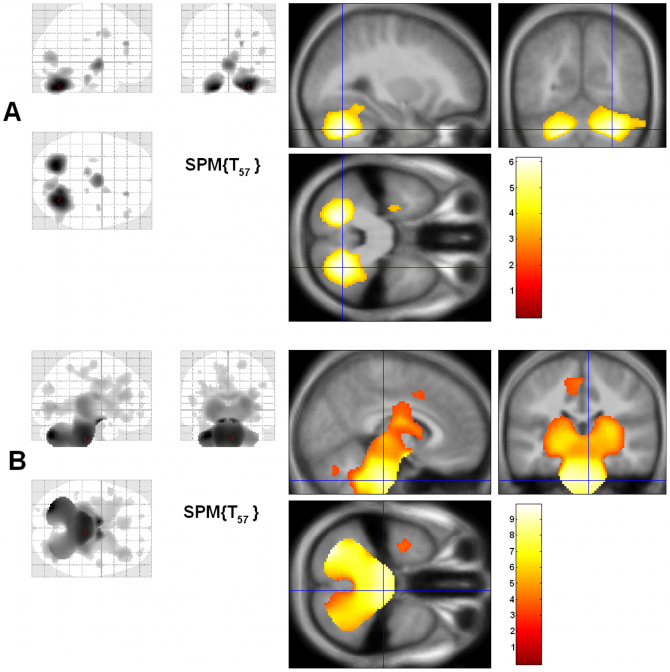Brain Abnormalities Found in Children With Wolfram Syndrome

Wolfram Syndrome is an extremely rare autosomal recessive disorder that affects only one out of 770,000 children. It causes insulin-dependent diabetes in childhood, as well as hearing and vision loss and kidney issues. As sufferers become older, they may also develop cognitive problems and dementia. Most die before they are 30. There is no treatment.
While scientists had previously identified brain abnormalities in sufferers from the disease, they had assumed that they came later on as the disease progressed. But a study led by Tamara Hershey, PhD, frin the Washington University in St. Louis, has found that these changes occur early in adulthood and even in young children with very mild symptoms.
Participants in the study received MRI scans and neurophysical testing, then were made to fill out a questionnaire. Control subjects – those with type 1 diabetes and those who were otherwise healthy – received just an MRI scan. They found that those with Wolfram Syndrome scored average or above average on tests for verbal intelligence, verbal learning, and memory.
For the brain scans, the study says, "We found reduced ICV [intracranial volume], dramatically reduced regional volumes and altered white matter microstructural integrity. The brainstem, cerebellum and optic radiations were particularly affected in WFS compared to both healthy controls and controls with type 1 diabetes. Notably, decreased brainstem and cerebellum volumes (after controlling for intracranial volume or ICV) were seen in almost all individuals with WFS, regardless of age or duration of diabetes or other features of the disease. These data together suggest that WFS affects brain development both globally and preferentially, even at the earliest stages of symptoms."
They also found differences in cortical thickness in areas of the brain, which are associated with vision, motor function, and higher-level function like memory. Sufferers from Wolfram Syndrome also were plagued with higher incidences of depression and anxiety.
Say the study authors, "Another possibility is that although there are early brain changes, these do not produce neurological symptoms until later in development, due to compensatory processes or the fact that the involved brain networks and functions do not come on-line until later."
The syndrome results from a mutation of a single gene, WSF-1, which was identified in 1998 by the late Dr. M. Alan Permutt. In 2010, he organized the world’s first clinic for the disease, testing and evaluating children with the disease. The third clinic will be held this summer.
The study was published in PLoS One.
Published by Medicaldaily.com



























